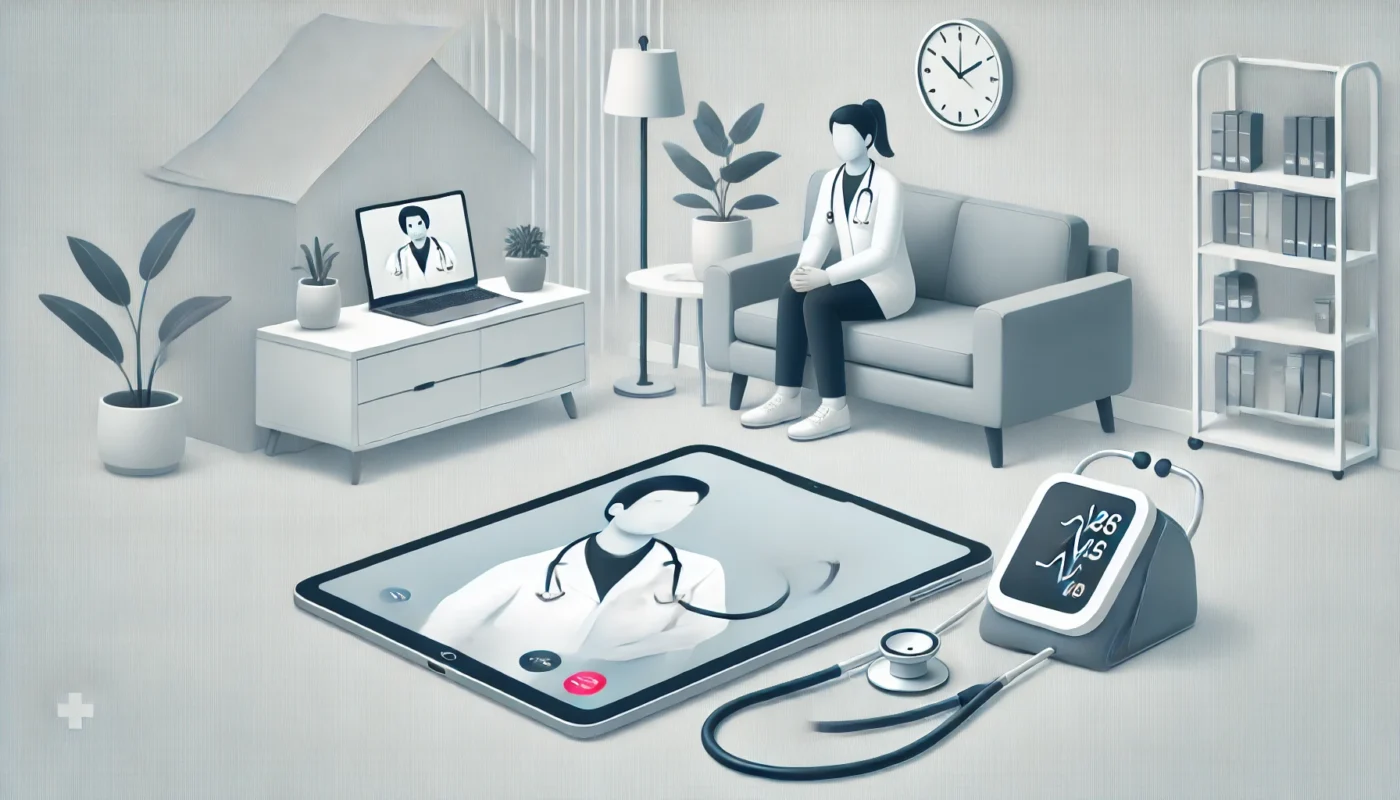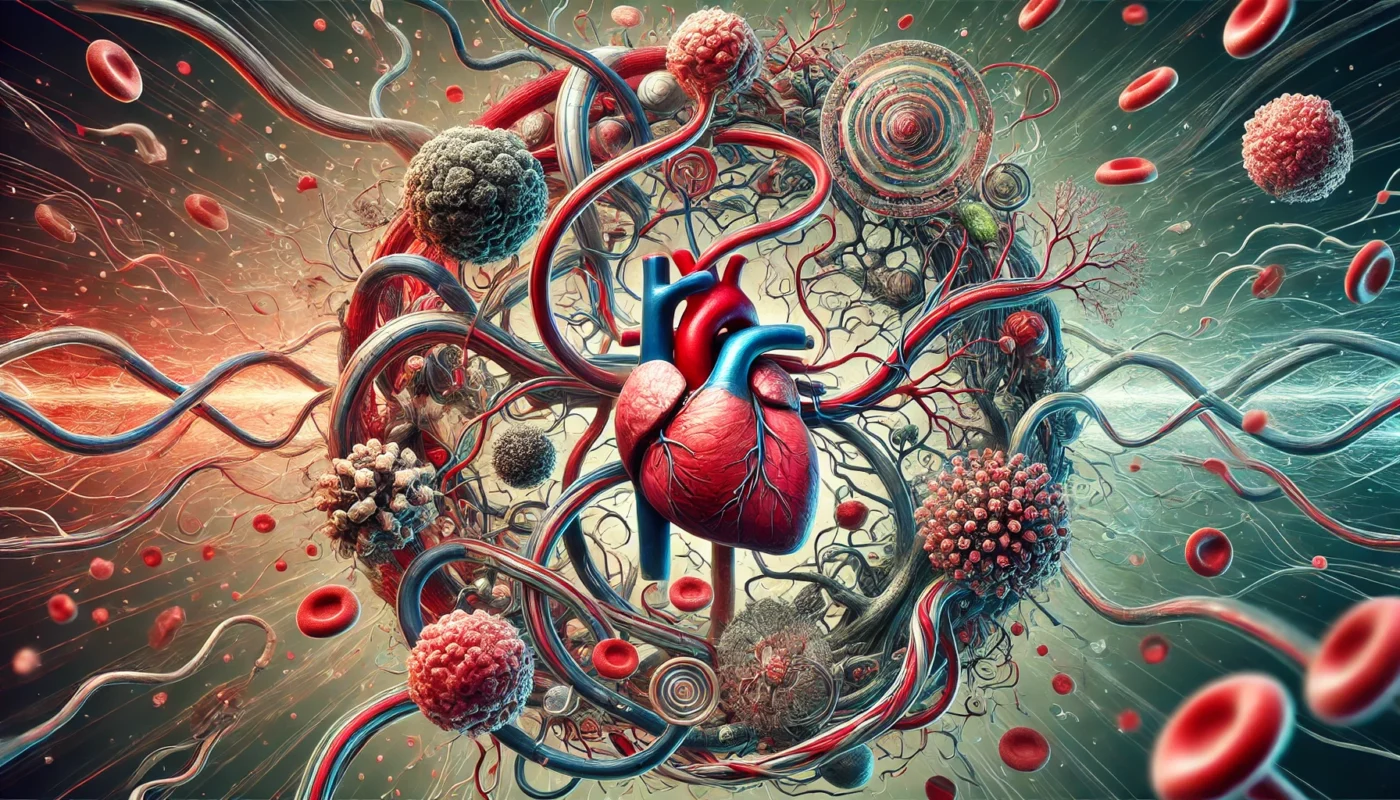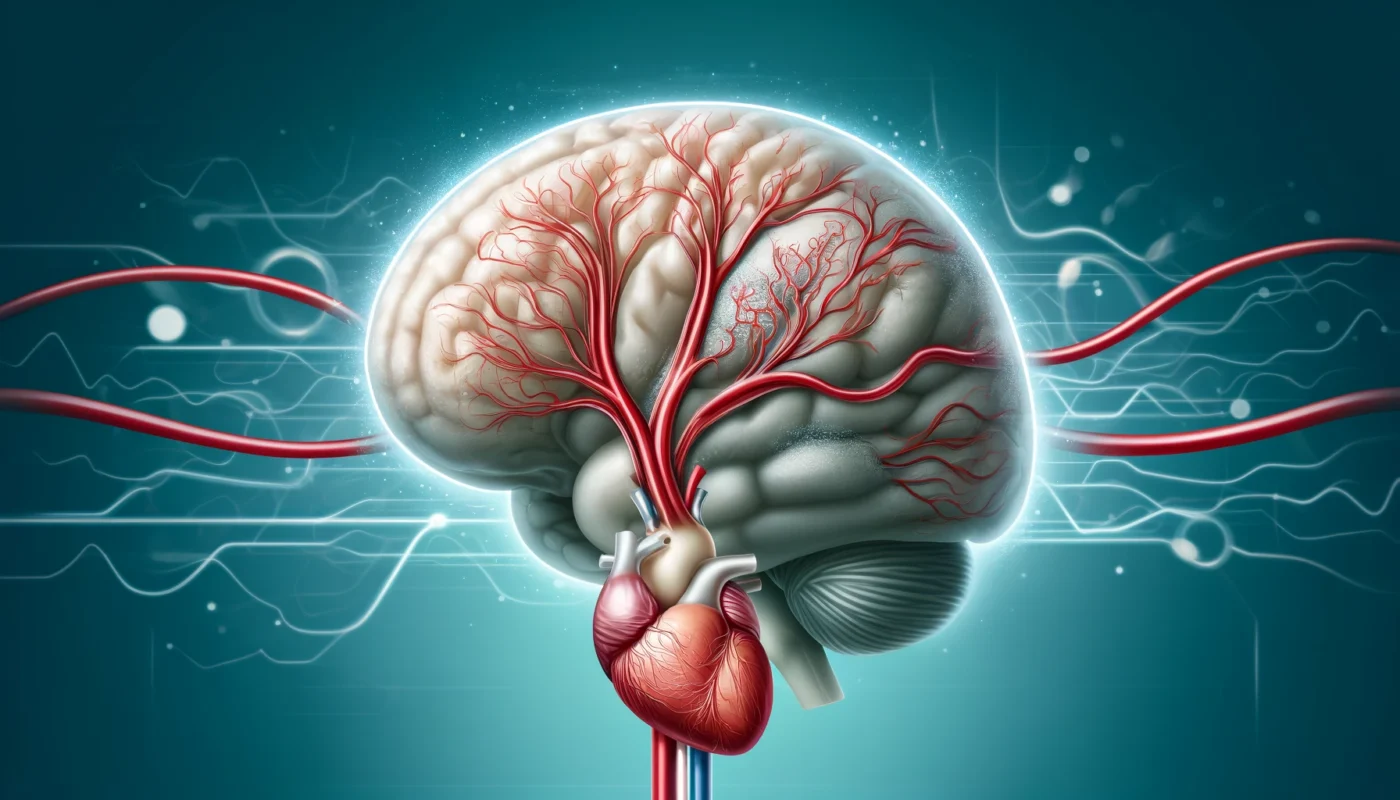Hypertension, or high blood pressure, is a prevalent chronic condition that affects over 1.28 billion adults worldwide, according to the World Health Organization (WHO). It is a significant risk factor for heart disease, stroke, and kidney failure, yet often goes unnoticed until complications arise. Among the many strategies for managing hypertension, magnesium intake has emerged as a critical, though sometimes overlooked, component. Magnesium, an essential mineral involved in numerous bodily functions, has been shown to play a vital role in regulating blood pressure. This article delves into the science behind magnesium’s role in hypertension, explains why magnesium-rich foods are beneficial, and provides practical tips for incorporating this nutrient into your diet.
Tag Archives: Blood Pressure Management
Hypertension, or high blood pressure, is a global health concern affecting over 1.28 billion adults, as reported by the World Health Organization (WHO). Characterized by sustained blood pressure readings of 130/80 mmHg or higher, hypertension significantly increases the risk of cardiovascular disease, kidney failure, and stroke. While dietary sodium reduction has long been emphasized in hypertension management, emerging research highlights the potential benefits of protein-rich diets in regulating blood pressure. This article explores the complex relationship between protein intake and hypertension, examining the mechanisms behind its effects, the role of different protein sources, and how to incorporate protein-rich foods into a balanced diet for optimal cardiovascular health.
Hypertension, or high blood pressure, affects nearly half of adults globally and is one of the leading risk factors for cardiovascular disease, kidney failure, and stroke. Despite its prevalence, hypertension often goes undiagnosed or poorly managed due to barriers such as limited access to care, inconsistent monitoring, and lack of patient engagement. In recent years, telemedicine—particularly virtual clinics and remote monitoring—has emerged as a transformative solution in the management of hypertension. By integrating advanced technology with personalized healthcare, these innovations are changing the landscape of hypertension care and improving outcomes for patients worldwide. This article explores how virtual clinics and remote monitoring are revolutionizing hypertension management and what the future holds for this rapidly evolving field.
Hypertension, or high blood pressure, is a leading global health concern, affecting over 1.28 billion adults and contributing significantly to cardiovascular disease, stroke, and kidney failure. While the primary drivers of hypertension include diet, lifestyle, and genetics, recent research suggests that environmental factors, particularly those associated with climate change, may also play a role in its prevalence and treatment. As global temperatures rise, so do the challenges for managing hypertension. This article explores how climate change influences hypertension trends and offers insights into potential solutions to mitigate its effects.
Hypertension, or high blood pressure, is a global health epidemic, affecting nearly 1.28 billion adults worldwide according to the World Health Organization (WHO). It is a leading cause of cardiovascular disease, stroke, and kidney failure, yet its connections to other health issues, particularly cancer, are often overlooked. Emerging research highlights a potential link between hypertension and an increased risk of cancer, prompting questions about shared mechanisms and causative factors. This article delves into the overlapping pathways between hypertension and cancer, the evidence supporting their connection, and what this means for prevention and treatment strategies.
Hypertension, or high blood pressure, is one of the most prevalent chronic health conditions, affecting nearly half of adults globally, according to the World Health Organization (WHO). Often called the “silent killer” due to its lack of symptoms, hypertension is a major risk factor for cardiovascular diseases, stroke, and kidney failure. However, its effects on brain health, specifically cognitive decline, are less well-known but equally concerning. Research increasingly points to the significant role hypertension plays in accelerating cognitive impairments, contributing to conditions such as vascular dementia and Alzheimer’s disease. This article explores the connection between hypertension and cognitive decline, the mechanisms driving this relationship, and innovative treatments that may mitigate the long-term effects of high blood pressure on the brain.
Hypertension, or high blood pressure, is a global health challenge affecting over 1.28 billion people worldwide. It is a significant contributor to cardiovascular diseases, stroke, and kidney failure. While lifestyle modifications and medications are effective for many, approximately 10–20% of individuals experience resistant hypertension, a condition where blood pressure remains elevated despite the use of three or more antihypertensive medications. This unmet need has driven interest in innovative therapies, including neural stimulation devices. These devices target the nervous system to modulate blood pressure regulation, offering hope for patients with difficult-to-control hypertension. This article reviews the science, current research, and future potential of neural stimulation devices for hypertension management.
Hypertension, or high blood pressure, is a pervasive health concern affecting nearly half of adults worldwide, according to the World Health Organization (WHO). While it is well-known as a leading cause of cardiovascular diseases, strokes, and kidney failure, many people are unaware of the link between hypertension and sleep apnea. Obstructive sleep apnea (OSA), a condition marked by repeated interruptions in breathing during sleep, has been strongly associated with persistent and difficult-to-treat high blood pressure. Fortunately, treating sleep apnea with specialized devices, such as continuous positive airway pressure (CPAP) machines, can significantly improve sleep quality and lower blood pressure levels, ultimately reducing cardiovascular risks. This article explores the relationship between sleep apnea and hypertension, the mechanisms behind their connection, and how sleep apnea devices can play a vital role in managing high blood pressure.
Hypertension, or high blood pressure, affects nearly half of adults worldwide and is a leading risk factor for heart disease, stroke, and kidney failure. While physical factors such as obesity, poor diet, and lack of exercise are well-recognized contributors, the psychological components of hypertension are often overlooked. Chronic stress, anxiety, and unhealthy thought patterns can significantly impact blood pressure regulation, making mental health an integral aspect of hypertension management. Cognitive Behavioral Therapy (CBT), a structured and evidence-based psychotherapeutic approach, offers tools to address these psychological factors, empowering individuals to gain better control over their blood pressure. This article explores the role of CBT in hypertension management, its mechanisms, and how it complements traditional treatments.
Hypertension, or high blood pressure, affects nearly half of adults worldwide, as reported by the World Health Organization (WHO). While its effects on cardiovascular health are well-known, the impact of hypertension on cognitive function often goes unrecognized. Mounting evidence indicates that prolonged high blood pressure can lead to significant cognitive decline, affecting memory, decision-making, and overall brain health. This article serves as a guide to understanding the relationship between hypertension and cognitive function, identifying warning signs, and adopting strategies to address and mitigate cognitive decline.










